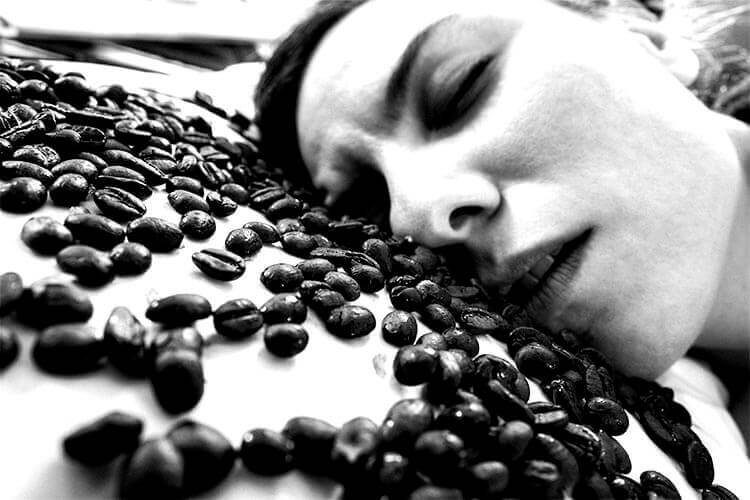Taking breaks at work can help you be more productive? Surely not. I mean, if you’re literally working for longer, the simple maths would suggest that you will get more done.
Many, many studies back up the theory that taking regular, good-quality, breaks from an activity can boost your productivity and creativity.
Humans just aren’t built to concentrate on one thing for 8 hours straight. How much of your work-day would you consider is actually spent productively? Be honest. I would say about half (and that’s maybe a little generous). That doesn’t mean that I’m shirking. It just means that I’m really only genuinely focussed on my work 50% of the time.
Break and refresh
Some people might view taking more breaks as being lazy. You could be spending that time working after all! Working for long stretches without breaks can result in stress and exhaustion. You might not feel it straight away, but it builds over time, subconsciously leaving you in a rut, and diminishing the passion with which you approach your work. Taking breaks refreshes the mind, replenishes your mental resources, and helps you become more creative. Think about it, how many times have you spent hours searching for the answer to something, only to have your ‘aha moment’ when you walk away and are in the middle of thinking about something else, or thinking about nothing at all!
Forcing yourself to focus is almost impossible. Your mind is either open to it, or it’s not. So how do you schedule breaks to encourage focus? Every person is different. I know that sounds like a bit of a cop-out, but it’s true. If you know that you can focus for 90 minutes straight at 6 am in the morning, do that and then take a break. You probably also know that by 3 pm your attention span has reduced to 20 minutes, so work with that. A break could be a 60-second microbreak to stand and stretch (I heard the other day that a few squats are good for resetting your spine after all that sitting!) or even a power nap…work out what fits best with your style of working.
This can cross over into other aspects of your life too. Think about exercise. An exercise routine is easier to maintain if it’s exactly that, a routine. We get so caught up in “I must train 5 times per week to achieve consistent results”, that we forget that every now and then our body needs a rest. It’s difficult to ignore that voice in your head that’s whispering that you’ll lose ALL your strength if you don’t lift weights for a week. If you don’t choose to take a break yourself, you’ll probably find that in the end, your body will force you to, in the form of some kind of injury.

Good quality breaks
I think the key here is taking ‘good-quality’ breaks. Active recovery. Not necessarily slouching in front of Netflix (although there is time for those days too!). Continuing with the exercise analogy, you could invest this down-time in a mobility or yoga session, or book a massage. Applying this to your work life, don’t be tempted to carry on working during your break. Checking emails shouldn’t constitute a rest. Just because you’ve changed your focus, doesn’t mean you’re relaxing your brain.
I’m a big advocate of getting up from your desk, away from the screen, and going outside. A breath of fresh air works wonders to kick-start the old grey matter. This is something we’ve tried to instil in the team at DN over the last couple of years, with mixed results. It’s a constant battle…finding that balance between what you perceive as ‘working hard’ and actual productivity.
For some people, it could start with just taking a proper lunch break. Take that time to de-stress and recharge. If that means saying ‘no’ to your colleagues’ lunch invite so that you can have some alone time to sort your head out, DO IT! Your afternoon-self will thank you for it.
So what is the result of your ‘recovery’? You come back revitalised. And that extra energy you have boosts your motivation, which makes you more productive, and benefits your overall mental health. Better breaks = better team members.



